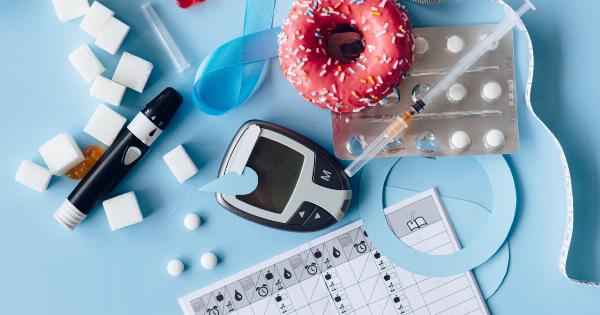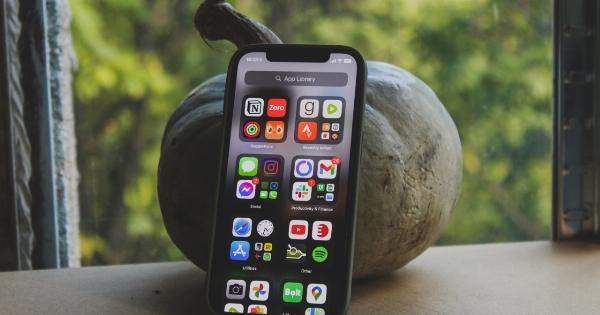When it comes to taking medication, timing can play a crucial role in its effectiveness. This holds true for various types of pills, whether they are for pain relief, hormonal balance, or combating illnesses.
Understanding how timing affects pill performance is essential for ensuring the best results. In this guide, we will explore the importance of pill administration timing and provide valuable insights for better medication management.
The Role of Timing in Pill Performance
Timing is a critical factor that influences the absorption, distribution, metabolism, and excretion (ADME) of medication within our bodies.
The intricate processes involved in the ADME cycle are significantly affected by the timing of pill administration.
Achieving Optimal Absorption
When we take a pill orally, it first enters the stomach and then moves into the small intestine. The small intestine is the primary site for absorption of most medications.
Depending on the drug, the presence or absence of food in the stomach can impact absorption rates. Some medications are better absorbed in the presence of food, while others are absorbed more efficiently on an empty stomach.
Enhancing Medication Effectiveness
Timing is essential for maximizing the effectiveness of certain medications. For instance, pain relievers are commonly used to alleviate discomfort.
Taking pain medication at the onset of pain symptoms can lead to quicker relief, as opposed to waiting until the pain becomes severe. Similar principles apply to antibiotics, where timely administration can prevent the development of drug-resistant bacteria.
Managing Hormonal Balance
For individuals taking hormonal pills, such as birth control or hormone replacement therapy, timing is crucial for maintaining hormonal balance.
Hormonal pills are designed to release specific amounts of hormones into the bloodstream at regular intervals. Deviating from the prescribed timing can disrupt hormonal balance and reduce the pill’s effectiveness.
The Importance of Regularity
Consistency in pill administration timing is key to achieving optimal results.
Establishing a regular routine and adhering to it can help maintain consistent drug levels in the body, allowing medications to work effectively and minimize the risks of adverse effects.
Factors Affecting Timing
Several factors can influence pill administration timing. These factors include the specific medication being taken, the desired outcome, and any instructions provided by healthcare professionals.
It’s important to follow healthcare provider recommendations and read the medication’s instructions for the best results.
Types of Pills That Require Specific Timing
While the timing of pill administration is important for all medications, certain types of pills require more specific timing guidelines. Let’s explore a few examples:.
1. Medications Influenced by Food Intake
Some medications should be taken with food, while others should be taken on an empty stomach. For instance, certain antibiotics may be less effective if taken with food, as the food can interfere with absorption.
On the other hand, some medications, like acid reducers, are more effective when taken with food to reduce stomach acid production.
2. Time-Sensitive Medications
Some medications, such as blood pressure medications or insulin injections, require precise timing to maintain consistent levels in the body.
Deviating from the prescribed timing can lead to fluctuations in blood pressure or blood sugar levels, which can have adverse effects on health.
3. Hormonal Pills
Hormonal pills, like birth control, require strict adherence to timing guidelines for optimal effectiveness. Missing a dose or taking the pill at different times each day can reduce its contraceptive efficacy.
Tips for Better Medication Administration
To ensure better medication administration and maximize pill performance, consider the following tips:.
1. Read the Instructions
Always read the medication instructions provided by the manufacturer or your healthcare professional. These instructions may include specific timing guidelines that should be followed for optimal results.
2. Set Reminders
Incorporate pill-taking into your daily routine by setting reminders. This could be done through phone alarms, medication reminder apps, or simply using a pill organizer to visually track your daily doses.
3. Seek Professional Advice
If you have any doubts or concerns about the timing of your medication administration, consult with your healthcare provider. They can provide valuable guidance based on your specific medication and health condition.
4. Establish a Routine
Try to take your medications at the same time every day to establish a routine. This helps to ensure consistency and reduces the likelihood of missed doses or incorrect timing.
Conclusion
The timing of pill administration has a significant impact on medication effectiveness. From enhancing absorption rates to maintaining hormonal balance, ensuring proper timing is essential for optimal results.
By understanding the specific timing requirements of different medications and following recommended guidelines, you can take control of your medication management and improve overall health outcomes.































